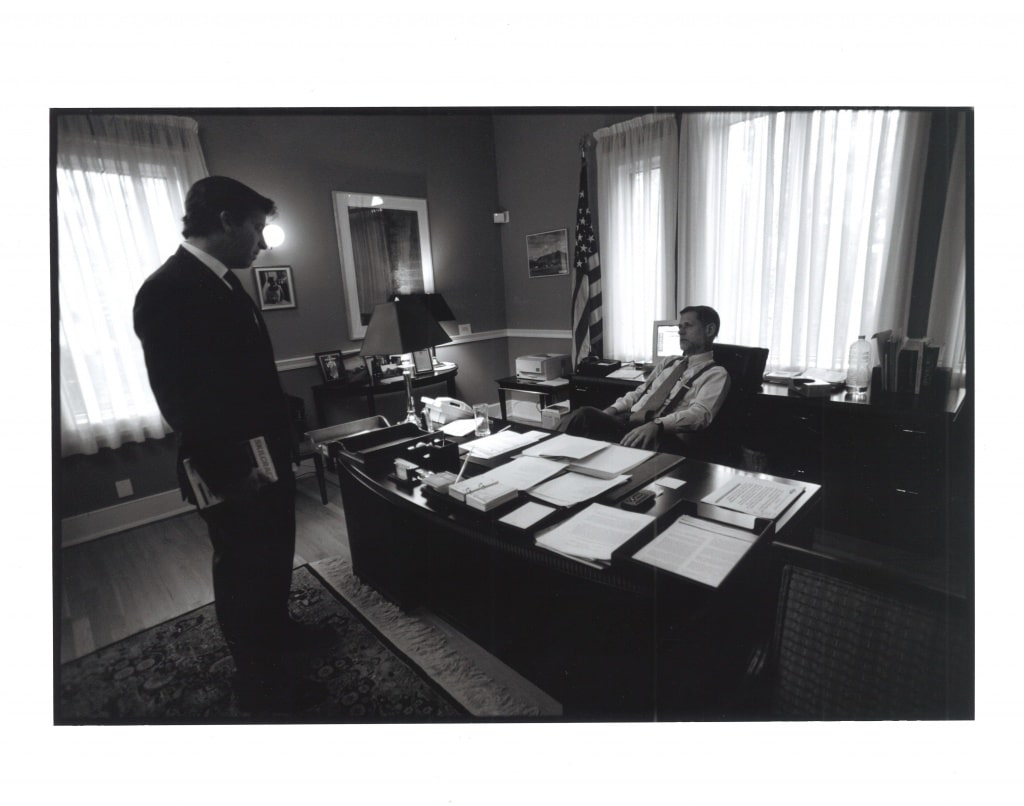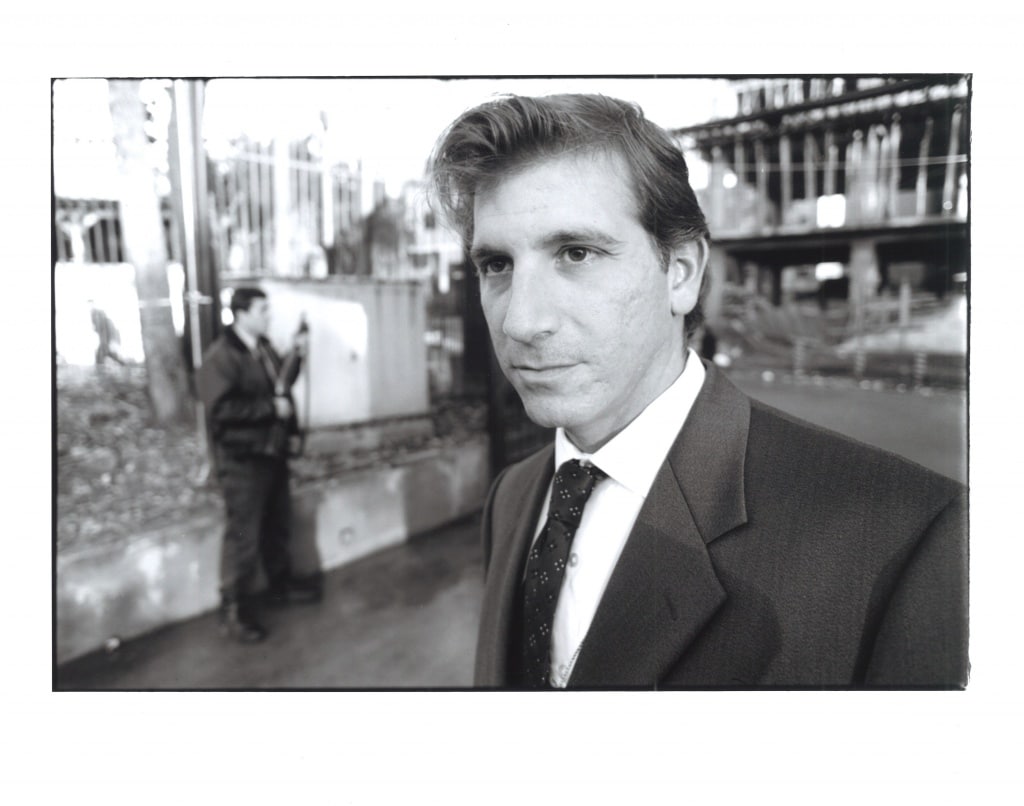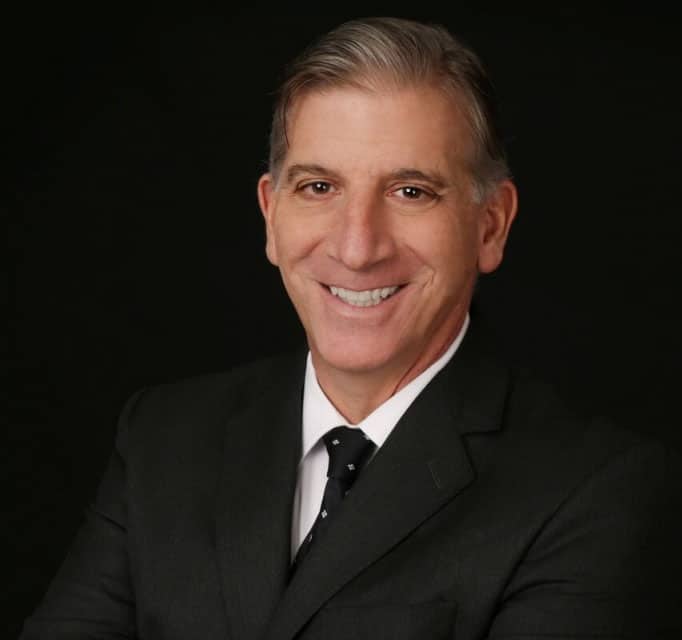Paul D’Emilia, today a successful Manhattan lawyer, shares fond memories of 20 years ago, from his assignment as the US Legal Resident in Tirana
Interview by Ruben Avxhiu
You are today an accomplished lawyer who, divides the time between your offices in Rome and New York, but in January 2000, you were involved in a very different line of work, selected by US Dept of Justice to become Resident Legal Advisor to the U.S. Embassy in Albania. How did this assignment happen? Why were you chosen for it? What were your professional interests at the time?
In 1999 I was working as an Assistant District Attorney in Brooklyn. At the time I had become a Chief in the office and was supervising and training the younger Assistant DAs. I was contacted by the United States Department of Justice regarding a new position that would be established in Tirana when the US Embassy was re-opening. As a long-time prosecutor in New York City the Department felt that I would be a good selection to help train and reform the Albanian Prosecutor General’s Office, at that time being headed by Arben Rakipi. I accepted the assignment as Legal Advisor to the US Embassy and immediately transferred to Tirana.
What were your expectations of Albania? Had you ever heard of it before? How did you expect the assignment?
I admit that I did not know very much about Albania when I was first interviewed for the job. Regardless, I accepted the assignment immediately. After the announcement I was bombarded with people telling me to refuse the offer since Albania was a “lawless” place and that I would be in constant danger. I remember landing at the Tirana Airport in a driving rainstorm, very dark and gloomy. We taxied to a stop and the door to the plane swung open. As I stepped out of the plane and onto the stairs the sun burst out. I took that as a very good omen.
It seems that you played an important role “with the task of reforming and restructuring the criminal justice system of Albania”. What do you remember from the situation in the country in those years? What were some of the problems the system in Albania was facing then?
My impression was that Albania was emerging from a brutal period in its history. Even the US Embassy had been shut down for almost two years after the discovery of an Al- Qaeda cell operating in the country, and the uncovering of a plan to attack the embassy. I was part of the first wave back into the country upon the embassy’s reopening. The prosecutors were mostly young and inexperienced but enthusiastic to establish credibility and make a positive impact. Prosecutor General Rakipi was a quiet and serious leader of his office, working through a severe lack of resources and cooperation from other government officials. I was able to organize seminars with US Justice officials both in Albania, throughout Europe and even back in the United States. The prosecutors and government officials that took part in these trainings absorbed everything like sponges. It was impactful both on a practical as well as a cultural level.
What do to you remember from your time in the country, the daily life, the everyday people, etc.?
I was fortunate because almost everyone spoke Italian. I was able to dispense with translators. I also dismissed my around-the-clock security detail after my first week of being in the country. I felt safe and respected by the Albanians. I saw a genuine affection for the US by the people of Albania. They’re optimistic and hard workers. I’ve always said that Albania would be our perfect 51st State- they should forget the European Union and join us!

You were in charge also during the proceedings that implemented the first successful extradition from Albanian to the United States in history. Do you remember that case? Can you describe it somehow for our readers?
It is one of my prouder achievements.
I had come across an Interpol communique that named a suspect in a homicide in New York City from the year before. There was a suspicion that the suspect had fled to Albania. I did a records search and utilized some local sources which discovered that the same man was being held in a Tirana prison on a minor charge and was due to be released in the next 30 days.
I knew extradition would be a problem since very few countries are willing to extradite their own citizens to face prosecution in a foreign country.
I was able to find a treaty signed by King Zog from the early 1900s that allowed this extradition to the United States. I brought the case to the Supreme Court of Albania which upheld the validity of the treaty and signed off on the extradition.
I arranged for marshals from New York to travel to Albania and effected the handover of the suspect from the local prison to the waiting jet to take him back to New York. This all happened in the weeks after September 11. It was a needed distraction for me.
I was in the courtroom in lower Manhattan some months later when the defendant was found Guilty of the murder and sentenced to 25 years to Life in prison.
How long did you stay in Albania and how important is your service over there when you think of the accomplishment throughout your career in law?
I ended staying two years in Albania. I think we made some real progress, at least in changing the approach and belief in the ability to have a functioning and corrupt-free national Prosecutor’s office.

Fast forward to our time, Albania is again involved in hot debates about a major justice reform. Many judges and prosecutors are tainted by corruption. There is now in place a vetting system to weed out those who may have been compromised by crime and bribery. What would you advise, in principle, the people in the legal profession and state officials involved with the reform?
Progress, not perfection.
You will never be able to eradicate corruption, fraud, bribery, etc. – we see that today in the US as politicians, judges, and public officials are indicted almost daily.
What’s important is to have a system in place that holds officials accountable and lets the citizens know that its institutions are stable and that crime, when uncovered, will not pay. Make the foundation strong and society will survive the storms.
You have an office in Rome as well as in New York. Both metropolis have sizeable of Albanian immigrant communities. Have you had any case involving them? Albanians in New York are entrepreneurial; many have their own businesses, while others are successful professionals. What kind services they may find in your office?
We handle the entire spectrum of legal services to the community: from criminal defense, personal injury, real-estate and any civil matters.
The Albanian community continues to grow and become more successful, so they need to be treated with the same professionalism and high-quality representation. I always have available Albanian and Italian seeking staff to make the experience more user-friendly and to better utilize my 25 years of legal experience.
Visitors who have been in the country in the early 2000s and now speak of huge progress, especially from the point of view of a foreign tourist or short-time-visitor.
Have you ever returned to Albania after the end of your work there? Any plans to travel?
I have returned to Albania occasionally over the years. It is a dizzying experience since the country seems to undergo such rapid change in such short periods of time. I still remember being one of the first cars on the “new” road that took us from Tirana to Durres in half an hour. I always try to arrange a visit to the many fantastic places I discovered almost 20 years ago, from Shkodra to Saranda. Perhaps my next visit will be back to the US Embassy.
Would you advise it to young lawyers to get involved in similar work experiences abroad? Would you do it again, if you were somehow sent back in time and why?
It was the most rewarding experience of my legal career. It should almost be mandatory for young lawyers to accept an assignment abroad. It opens your eyes to the rest of the world and teaches you valuable skills to utilize the rest of your life. Not only would I do it all over again, but I would stay even longer if I could.

